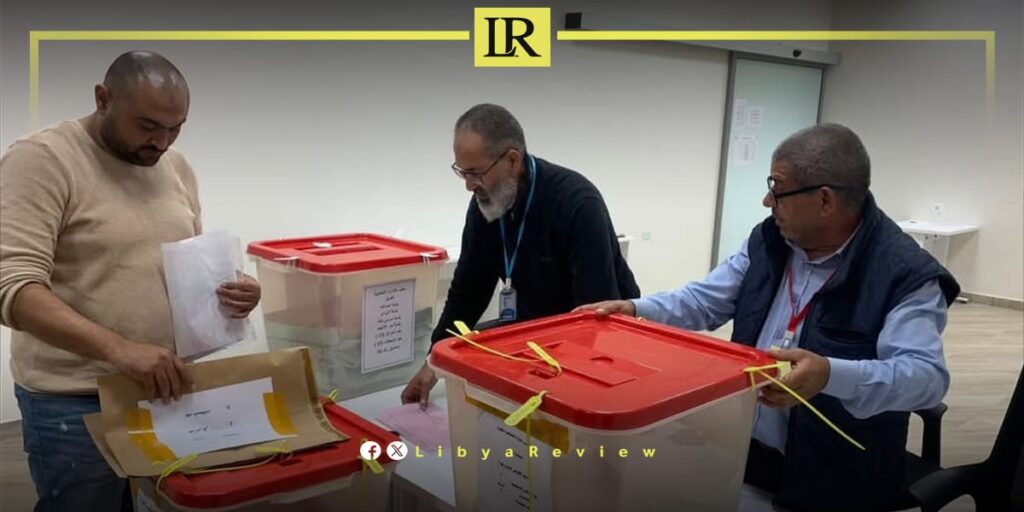The High National Elections Commission (HNEC) has officially announced the commencement of the second phase of municipal council elections in Libya. This phase includes elections for 63 municipalities across the country.
The Commission has urged all stakeholders and partners to contribute to the success of this critical electoral process, emphasizing the importance of collective efforts to ensure smooth execution.
Distribution of Municipalities
The elections in this phase will cover:
13 municipalities in eastern Libya
9 municipalities in southern Libya
41 municipalities in the western region
Election Infrastructure
The second phase of the municipal elections will involve:
1,147 voting centers
4,210 polling stations
The Commission’s focus is on ensuring comprehensive logistical and administrative readiness for this phase, which is a significant step toward strengthening local governance across Libya.
Libya has been in chaos since a NATO-backed uprising toppled longtime leader Muammar Gaddafi in 2011. The county has for years been split between rival administrations.
Libya’s economy, heavily reliant on oil, has suffered due to the ongoing conflict. The instability has led to fluctuations in oil production and prices, impacting the global oil market and Libya’s economy.
The conflict has led to a significant humanitarian crisis in Libya, with thousands of people killed, and many more displaced. Migrants and refugees using Libya as a transit point to Europe have also faced dire conditions.
The planned elections for December 2021 were delayed due to disagreements over election laws and the eligibility of certain candidates. This delay has raised concerns about the feasibility of a peaceful political transition.
Despite the ceasefire, security remains a significant concern with sporadic fighting and the presence of mercenaries and foreign fighters. The unification of the military and the removal of foreign forces are crucial challenges.


